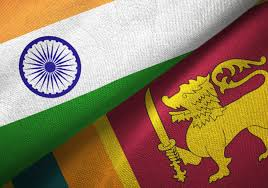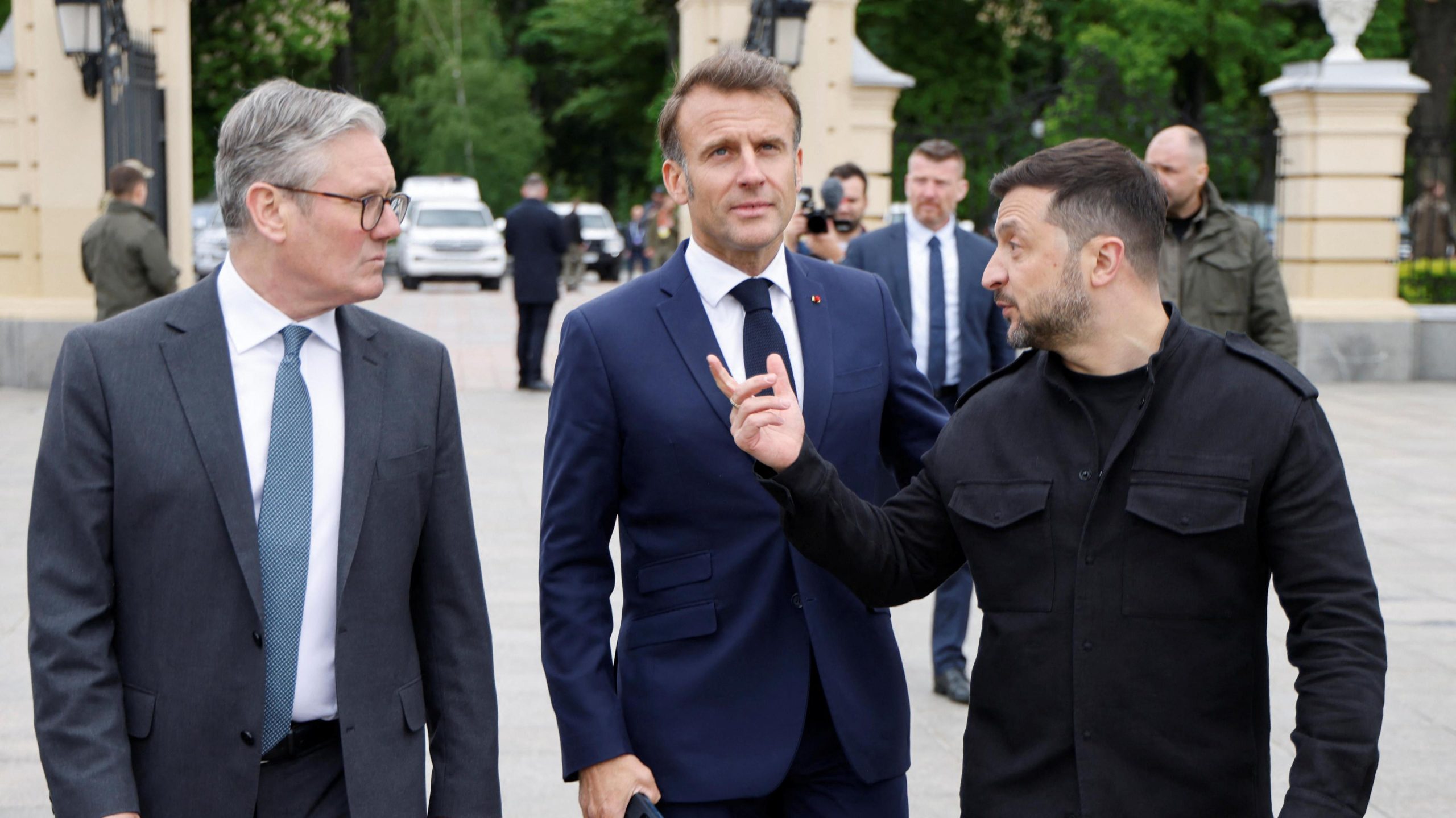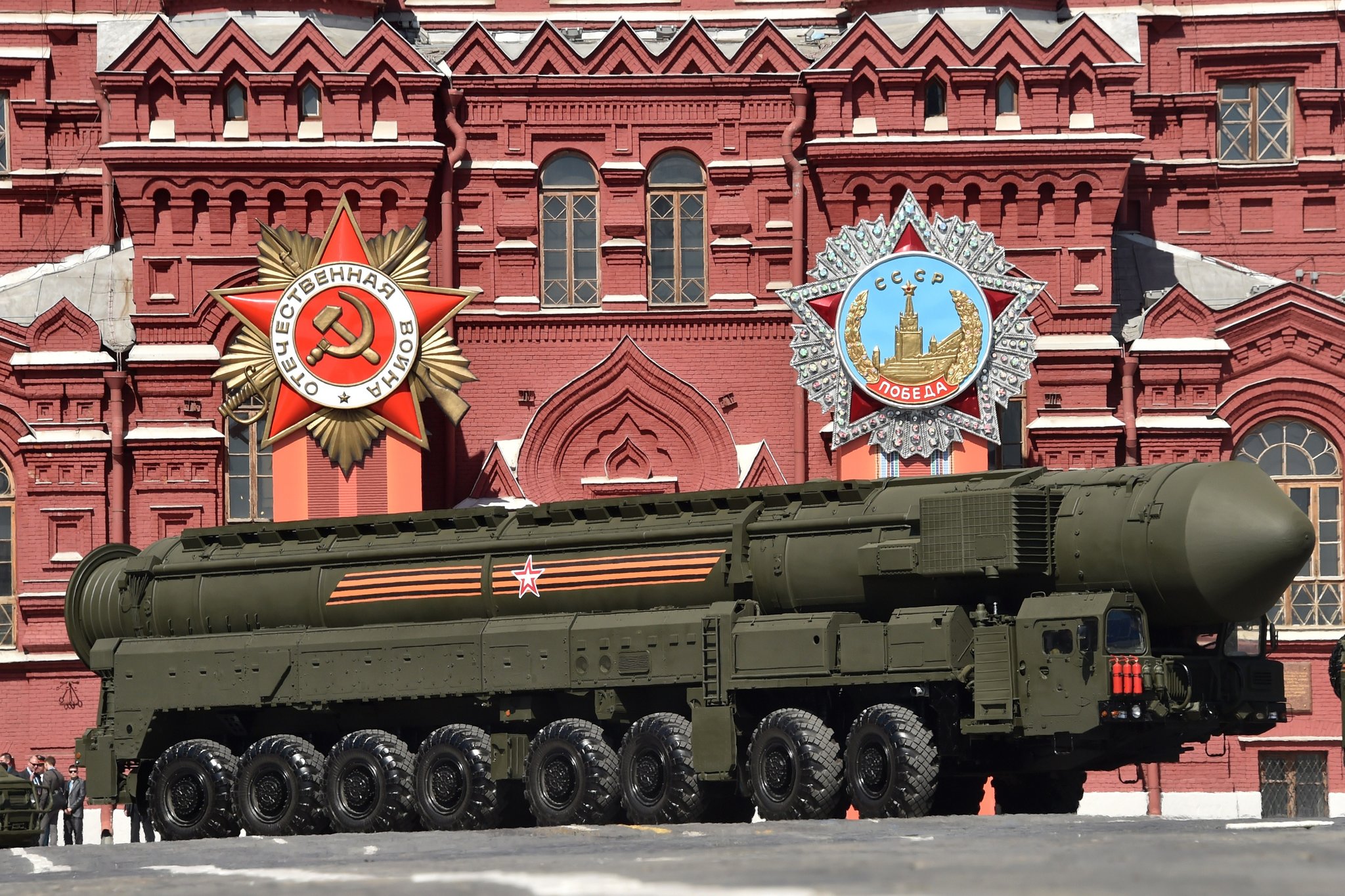A Closed Door in London: Yunus, Tarique, and the Message from the West

As far as is known, Muhammad Yunus had placed his trust in a senior Western diplomat—an old associate with longstanding ties to Yunus. Based on this relationship, Yunus’s office announced that the UK trip would be a bilateral and official state visit. However, the reality played out quite differently.
The British Prime Minister declined to allocate time for a bilateral meeting. From the moment Yunus landed, it became evident—through every procedural step at the airport and beyond—that the UK government did not recognize his trip as an official one. This raises a significant question: why did the seasoned diplomat fail so badly? Has he, in recent months, lost his credibility through his own actions?
This diplomat, being near the end of his career, may not merit much speculation. However, senior Indian journalist Jayanta Roy Chowdhury, in his podcast, shed light on the UK’s position. According to him, Britain, driven by economic priorities, refrained from granting Yunus state-level recognition to avoid offending India. Jayanta noted that a recent India-UK free trade agreement could increase British trade in the Indian market by hundreds of billions of dollars by 2030. India is currently Britain’s largest foreign investor.
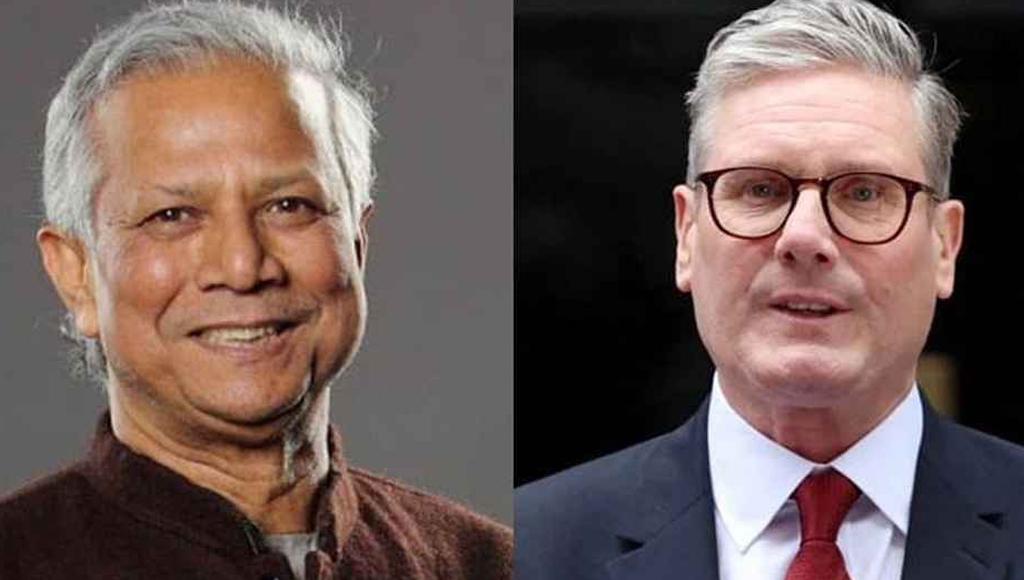
India’s Shadow on Diplomatic Optics
Jayanta Roy Chowdhury’s core analysis is this: Britain now views Yunus and his government through the same lens as India. After all, India represents a 1.4 billion-strong market. With Europe’s economies weakening, not only Britain but the entire EU is aligning with India’s perspective. This was clearly reflected in Yunus’s visit.
India publicly labels Muhammad Yunus’s administration as a supporter of extremist fundamentalists. The Indian government has repeatedly expressed concerns about the rise of militancy, Yunus’s alleged links with extremists, and the increasing insecurity faced by minorities—including Christians—under his leadership. India’s Foreign Secretary conveyed these concerns directly to Yunus. Even when Yunus met Prime Minister Modi briefly in a hotel lobby in Thailand, Indian officials reiterated the same warning.
India’s position has since been echoed and validated by major legacy media outlets, including The New York Times and The Guardian, which published detailed reports on the rise of militancy in Bangladesh.
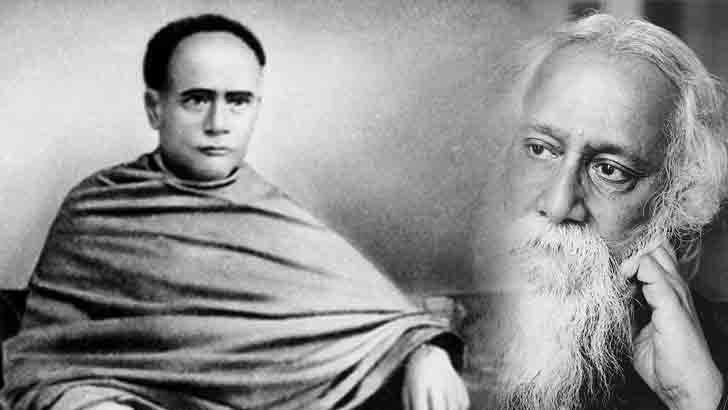
A Symbolic Day: Rabindranath’s Legacy in Ruins
Ironically, on the very day Yunus arrived in the UK, radical groups in Bangladesh demolished the historic ‘Kuthibari’ of poet Rabindranath Tagore—a cultural site embedded in Bengali and world heritage. Thanks to the power of social media, footage of the destruction spread rapidly and was viewed widely across the UK.
Perhaps we do not fully grasp how deeply the British still honor Rabindranath. We are a people who destroy statues, while the British remain fiercely protective of theirs. Saadat Hasan Manto captured this brilliantly: in one of his stories, a British prostitute kicks out a customer who speaks ill of Shakespeare. As a nation, we’ve yet to match even this level of historical respect.
Cunning or Intelligence: A Cultural Divide
Muhammad Yunus is widely regarded as an intelligent man. Since assuming the role of Chief Adviser of the interim government, many well-wishers have shared anecdotes about his childhood cleverness—like how he used ingenuity to get free newspaper subscriptions. Among Bengalis, such tales are seen as marks of brilliance.
However, to intellectuals—from Vidyasagar and Rabindranath to the British elite—these are mere cunning tricks, not true intellect. The gap between intelligence and trickery is vast.
A clear example: Yunus avoided answering a journalist’s question regarding the demolition of Bangabandhu’s house. In today’s interconnected world, nothing remains unknown. Global media have already covered how the historic residence was torn down, who was responsible, and even which extremist flags were raised there.
Thus, the journalist’s question wasn’t about the facts—they were already public. The question was aimed at understanding Yunus’s stance: how could such a vital symbol of Bangladesh’s history be destroyed under his administration without resistance? Similarly, other questions posed to him were not to gather information but to understand his commitment to democratic principles.
Democracy and Accountability: A Western Standard
Yunus’s responses likely need no commentary regarding how they align—or fail to align—with Western democratic values. Western nations may act inconsistently abroad, but on their own soil, they hold fast to the frameworks of democracy and historical reverence.
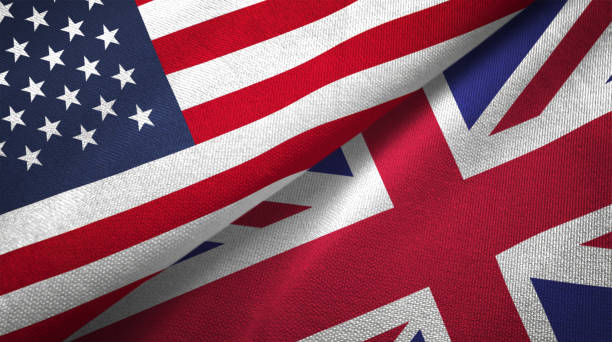
On February 5, 2025, a mob of fewer than 100 individuals demolished Bangabandhu Sheikh Mujibur Rahman’s house. No effort was made by the police or state to prevent it. Yet, in the minds of British intellectuals, Bangabandhu’s stature remains unchanged from January 8, 1972.
To them, if Sheikh Mujibur Rahman is the Himalayas, then today’s living Bengali leaders are mice. The British are a people who honor history. They understand that figures like Sheikh Mujib are born once in a century—while the rest are born routinely, like annual childbirth. What Sheikh Mujib accomplished in a century, others cannot match even with frequent effort.
A Diplomatic Wake-Up Call
Thus, the UK incident should not just be viewed as a diplomatic snub but as a broader signal to the Bangladeshi government and all political parties: reassess the country’s global standing. Bangladesh’s relations with India are now completely transparent. China, apart from building a hospital for its workers, is not moving forward with investments. In fact, it has already begun shifting parts of its factory operations to Cambodia.
The Middle East remains silent. The United States is too preoccupied with its own domestic affairs to concern itself with small regional matters. Even Japan, a key American ally, is more focused on Bangladesh’s future politics than its present condition.
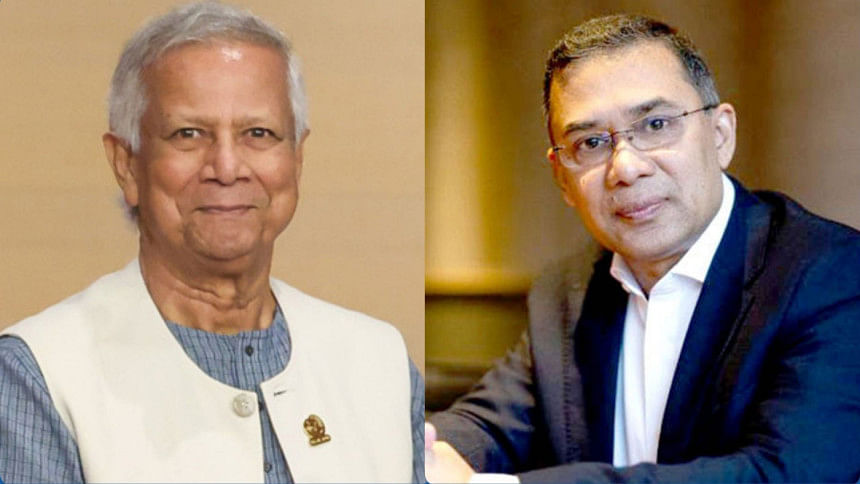
The Meeting with Tarique Rahman
In this context, Muhammad Yunus rushed to meet BNP’s acting chairman, Tarique Rahman, in the UK. According to BNP’s Secretary General, the meeting was requested by Yunus himself.
In politics, accepting dialogue is a strategic victory—something Bangabandhu Sheikh Mujibur Rahman understood well. Even as he received reports of Pakistani soldiers arriving in disguise, he continued dialogue with Yahya Khan until March 25, 1972, having already prepared the nation through his March 7 speech. Dialogue is an ancient and necessary part of politics—just as the U.S. and China continue talks over tariffs even today.
So, agreeing to dialogue is itself an early sign of political success. Had Yunus been a politician rather than an NGO figure or motivational speaker, he might have accepted even Tulip Siddiq’s offer for talks. Just as Bangabandhu never hesitated to engage with Yahya Khan.
Because BNP is a political party, they accepted Yunus’s request to meet Tarique Rahman. What Yunus’s position should be in the dialogue—or what position Tarique should adopt—are not matters for analysts to suggest. That is not their job.
What’s clear, however, is that Yunus appears to have approached Tarique Rahman as a last resort. The international backing he had once projected has now deflated. On the other hand, Britain’s clear stance ahead of the meeting has helped Tarique Rahman. As someone aspiring to return to power, he now faces a clearer decision: will he walk his own path or follow in Yunus’s?
Because one thing is now obvious—even from neighbors like China and India to powers like Japan, the U.S., and now Europe—Yunus’s position on the world stage is crystal clear in front of Tarique Rahman.
The author is a recipient of the highest state honor in journalism, and Editor of Sarakhon and The Present World.



